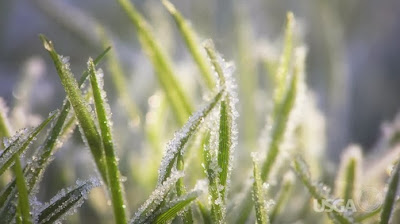1st quiz on the Solar System
 |
| Solar System Quiz |
Concept: Water Vapor & Heating Earth
Objective: Students will learn when liquid water evaporates, it turns into water vapor. Students will learn uneven heating of the Earth causes air movements.
NO LAB HOMEWORK.
Vocabulary:
water vapor
evaporate
cloud
fog
dew
condensation
frost
wind
Cornell Note Questions:
•What is water vapor?
•What is evaporation and condensation?
•What are clouds and fog?
•What is dew?
•What is frost?
•How does wind happen?
Questions of the Week:
•What is the temperature at which water freezes?
•Which heats up faster, land or water?
•Which cools down faster, land or water?
BrainPop.com Videos of the Week: Clouds and Wind
Class Reading:Water Vapor: FOSS Science Resources Read pages 182-196. Wonders CA Content Reader Read pgs 54-55.Heating Earth: FOSS Science Resources Read pages 198-217. Wonders CA Content Reader Read pgs 66-67.
 | |
| Evaporation happens in your kitchen. |
 |
| What are clouds made of? |
 |
| Fog |
 |
| Dew |
 |
| Frost |
 |
| A diagram of the wind current during the day along our coast. |
 | |
|
 | |
|
 | |
|
 |
| You can tell there is warm air rising by looking at clouds sometimes. |
Warm Air Rises - Cold Water Sinks, Warm Water Rises...watch the video!
CA State Science Standards
3. Water on Earth moves between the oceans and land through the processes of evaporation and condensation. As a basis for understanding this concept:
3b. Students know when liquid water evaporates, it turns into water vapor in the air and can reappear as a liquid when cooled or as a solid if cooled below the freezing point of water.
4. Energy from the Sun heats Earth unevenly, causing air movements that result in changing weather patterns. As a basis for understanding this concept:
4a. Students know uneven heating of Earth causes air movements (convection currents).
6. Scientific progress is made by asking meaningful questions and conducting careful investigations. As a basis for understanding this concept and addressing the content in the other three strands, students should develop their own questions and perform investigations. Students will:
6b. Develop a testable question.
6c. Plan and conduct a simple investigation based on a student-developed question and write instructions others can follow to carry out the procedure.
6f. Select appropriate tools (e.g., thermometers, meter sticks, balances, and graduated cylinders) and make quantitative observations.
No comments:
Post a Comment